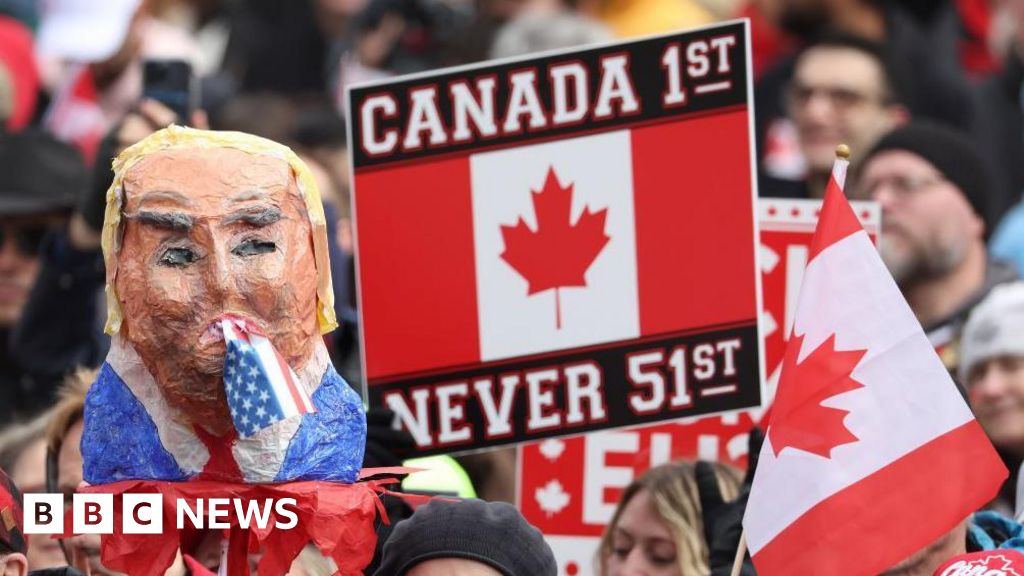Tensions Escalate Between India and Pakistan Over Water and Diplomatic Relations

On Thursday, Pakistan announced its intention to potentially suspend all bilateral agreements with India, including the pivotal 1972 Simla Agreement. This declaration comes amidst escalating tensions over water rights and accusations of terrorism. Pakistan's government warned that any effort by India to divert or stop the flow of water as per the Indus Waters Treaty would be viewed as an 'act of war.'
In a swift response, India reaffirmed its stance, asserting that Pakistan had violated the terms outlined in the treaty. The situation escalated further when India closed its airspace to flights owned or operated by Indian entities, expelled several Indian diplomats, and halted all visas issued to Indian nationals. This series of actions followed accusations from the Indian government, led by Prime Minister Narendra Modi, that Pakistan was involved in a terrorist attack in Pahalgam that resulted in the deaths of at least 26 civilians.
Reacting to India's measures, the Prime Ministers Office in Pakistan issued a statement dismissing New Delhi's allegations and emphasized, 'Pakistan shall exercise the right to hold all bilateral agreements with India, including but not limited to the Simla Agreement, in abeyance until India ceases its actions of fostering terrorism within Pakistan and adheres to international law and UN Resolutions regarding Kashmir.'
This declaration followed an emergency meeting of Pakistan's National Security Committee, chaired by Prime Minister Shehbaz Sharif after his return from a visit to Turkiye. In response to these developments, India briefed diplomats from the P5 nations and other crucial partners, including representatives from the G20, about Pakistan's involvement in the recent terrorist incident. Some diplomats acknowledged that the information shared was invaluable for comprehending the gravity of the situation, and India expressed gratitude for the support received in the aftermath of the attack.
Meanwhile, Indias Ministry of External Affairs declared that all existing valid visas issued to Pakistani nationals would be revoked effective April 27, while medical visas were granted an extension until April 29. Just a day before, India had canceled all SAARC visas. Indian nationals were strongly advised against traveling to Pakistan, and those already present in the country were urged to return home as soon as possible.
Concerns over Pakistani nationals overstaying their visas in India have been raised, with officials noting that these visitors often engage in activities that extend beyond the typical conduct of tourists. The Simla Agreement, established in 1972 by then-prime ministers Indira Gandhi and Zulfikar Ali Bhutto, was designed to resolve disputes, including the contentious Kashmir issue, through bilateral negotiation rather than international intervention. However, experts have pointed out that Pakistan has frequently sought to internationalize the Kashmir dispute, contradicting the spirit of the agreement. The ceasefire line in Jammu and Kashmir, amended under the Simla Agreement, has also been a point of contention, with the Pakistan Army frequently violating the established boundaries.
In light of the recent tensions, it is reported that Pakistan may also consider putting on hold nuclear confidence-building measures, further heightening concerns regarding regional stability. On the very same day, Pakistan announced that all trade with India would be suspended, including trade from any third-party countries passing through Pakistan. Although India-Pakistan trade has been minimal since the previous Pakistani government, led by Imran Khan, suspended trade in 2019, the recent decision signifies a deepening rift between the two nations.
Pakistan has rejected Indias announcement regarding the Indus Waters Treaty, vowing to respond vigorously across all aspects of national power. Analysts have noted that while Indias actions do not immediately halt the water flowing to Pakistan, the suspension of the treaty could theoretically allow India to construct reservoir damswhich is currently prohibited by the treatyon the Indus, Chenab, and Jhelum rivers.
This treaty, established in 1960 and negotiated with the assistance of the World Bank, delineates the water rights of the Indus Basin rivers. It allocates the eastern rivers Ravi, Beas, and Sutlej to India while granting control of the western rivers Indus, Jhelum, and Chenab to Pakistan, allowing India limited usage for purposes like irrigation and electricity generation.
Furthermore, Pakistan has decided to close the Wagah Border Post immediately, halting all cross-border transit from India through this route. Only those who have crossed with valid endorsements will be permitted to return through this border by April 30. Pakistan also declared the revocation of all visas issued under the SAARC Visa Exemption Scheme (SVES) to Indian nationals, except Sikh religious pilgrims; those in Pakistan under this scheme must exit within 48 hours.
In a reciprocal move, Pakistan declared that Indian defense, naval, and air advisers in Islamabad would be declared persona non grata, requiring their departure by the end of the month. Consequently, the Indian High Commission in Islamabad will see its personnel reduced from 55 to 30 diplomats and staff by April 30, further indicating the deepening divide and strained relations between the two neighboring countries.























